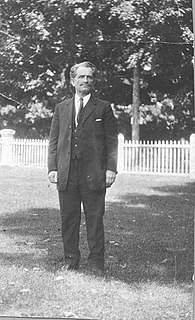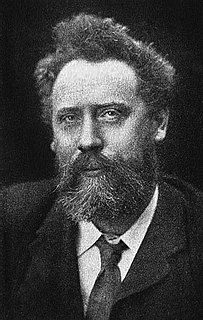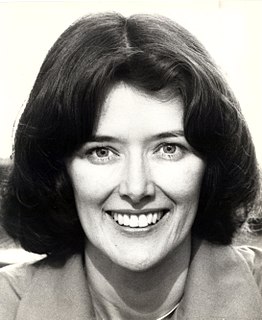A Quote by Boris Sidis
The man of genius whether as artist or thinker requires a mass of accidental variations to select from and a rigidly selective process of attention.
Related Quotes
The Man of Genius may at the same time be, indeed is commonly, an Artist, but the two are not to be confounded. The Man of Genius,referred to mankind, is an originator, an inspired or demonic man, who produces a perfect work in obedience to laws yet unexplored. The artist is he who detects and applies the law from observation of the works of Genius, whether of man or nature. The Artisan is he who merely applies the rules which others have detected. There has been no man of pure Genius, as there has been none wholly destitute of Genius.
Dialogue is really aimed at going into the whole thought process and changing the way the thought process occurs collectively. We haven't really paid much attention to thought as a process. We have engaged in thoughts, put we have only paid attention to the content, not to the process. Why does thought require attention? Everything requires attention, really. If we ran machines without paying attention to them, they would break down. Our thought, too, is a process, and it requires attention, otherwise its going to go wrong.
You have choice. You can select joy over despair. You can select happiness over tears. You can select action over apathy. You can select growth over stagnation. You can select you. And you can select life. And it's time that people tell you you're not at the mercy of forces greater than yourself. You are, indeed, the greatest force for you.
It is frequently the tragedy of the great artist for example Vincent Van Gogh, as it is of the great scientist, that he frightens the ordinary man. If he is more than a popular story-teller it may take humanity a generation to absorb and grow accustomed to the new geography with which the scientist or artist presents us. Even then, perhaps only the more imaginative and literate may accept him. Subconsciously the genius is feared as an image breaker; frequently he does not accept the opinions of the mass, or man's opinion of himself.
It is almost impossible to be a doctor and an honest man, but it is obscenely impossible to be a psychiatrist without at the same time bearing the stamp of the most incontestable madness: that of being unable to resist that old atavistic reflex of the mass of humanity, which makes any man of science who is absorbed by this mass a kind of natural and inborn enemy of all genius.




































